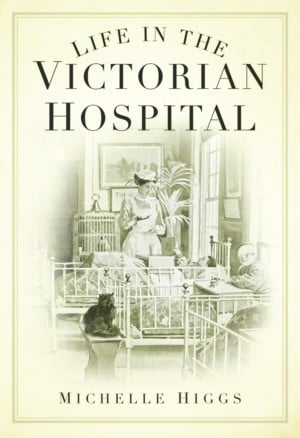
When I was doing the research for my new book Life in the Victorian Hospital, I visited archives across England, Scotland and Wales. Delving into the admission and discharge registers of the Victorian general hospitals, it became clear that a large proportion of the patients were malnourished, and that three meals a day with plenty of bedrest was as valuable as any medicine the hospital could prescribe. This could be for as long as six weeks - the average length of stay in hospital at the time.
These patients were the lucky ones, recommended for treatment as they were deemed worthy of charity. Others were refused admission because they were receiving poor relief and were therefore sent to the workhouse infirmary, or because they were judged to be earning enough to pay for a doctor.
This last scenario continued to be a common predicament of the working and lower middle classes well into the 1930s, but it did not mean they could afford to pay for medical treatment. Women and children in particular went without the medical attention they badly needed until it was too late to bring about a cure.
Thankfully, that’s now in the past because the existence of the NHS means that no-one in the UK need worry about the cost of going into hospital. I have been following Twitter’s We Love the NHS campaign with interest because my husband has Crohn’s disease, a chronic illness for which he has had numerous operations. He requires long-term medical treatment and through it all, the NHS nurses, doctors and surgeons have provided the highest standards of care, something for which I am forever grateful. So, when you really need it, the NHS is a real life-saver.
